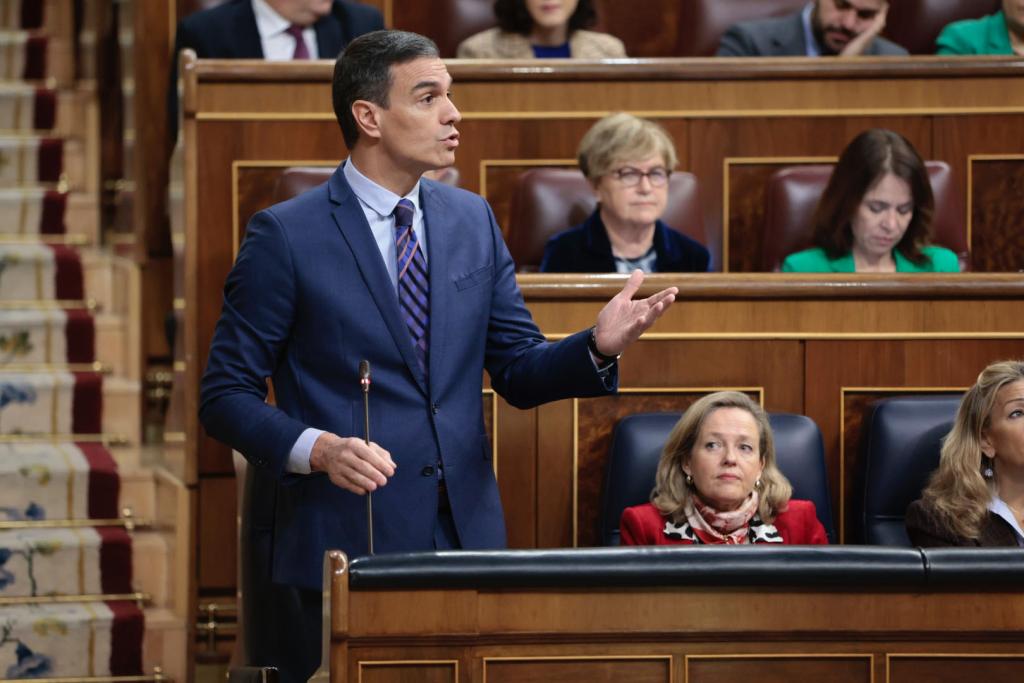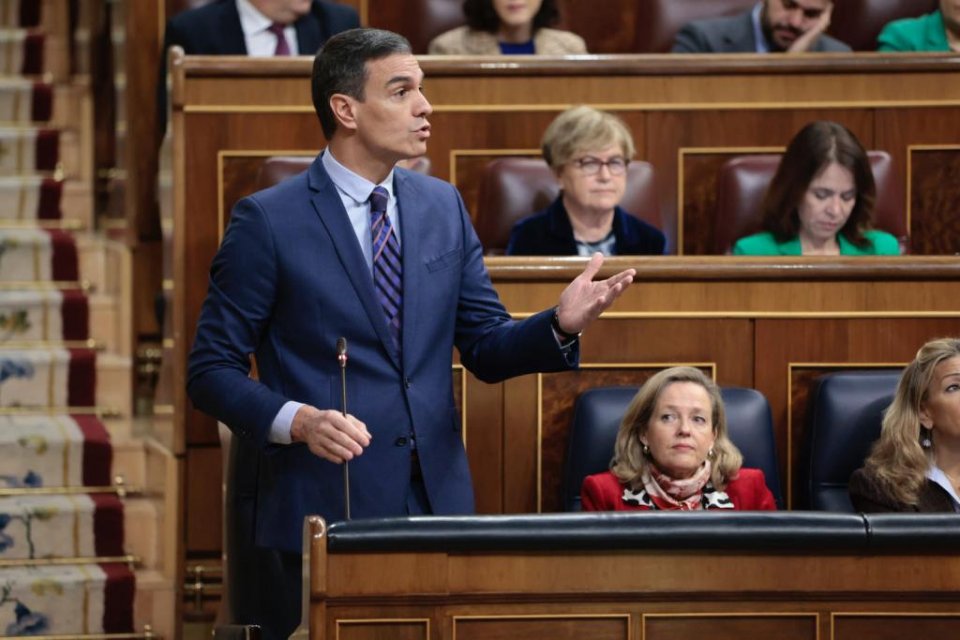Spain’s Constitutional Court this week prevented the Senate house from debating and voting on a specific amendment to the country’s penal code reform — seen as an unprecedented interference in the legislature.
Last Thursday, MPs in the lower house, the Spanish Congress, had voted in favour of a controversial criminal code reform that changes the crime of sedition to ‘aggravated public disorder’, as well as new legislation to lower the penalty for misuse of public funds. ALSO READ: Spanish MPs vote to reform penal code amid constitutional controversy.
While these clauses are not affected by the Constitutional Court’s ruling, an appeal by the main right-wing opposition People’s Party (PP) to halt the passage of a reform clause on how judges are elected to certain judicial bodies – including the Constitutional Court itself – has meant that the top court has suspended the Senate house from debating and voting on that clause.
The constitutional crisis foreshadows potential political turmoil for the coalition government between the PSOE socialists and left-wing Podemos party heading into election year.
After the top court’s ruling, the Minister of the Presidency Félix Bolaños said the government would abide by it although it did not agree with either how it was reached nor with the decision, which critics call an overreach of judicial power.
The Constitutional Court frequently accepts appeals to stall and study legislation that has already been passed. It currently has appeals by the PP against several key laws on its books, including on abortion, euthanasia and education. But never before has it intervened in the process before approval.
The decision, the first of its type in Spain’s four-decade-old democracy, could have untold effects on future legislation procedures and possibly cause Socialist Prime Minister Pedro Sánchez headaches as he seeks re-election in 2023.
At stake is the perceived political alignment of the country’s judiciary bodies, although nominally they are independent and neutral.
Critics see the PP appeal as an attack on the parliament’s sovereignty and a move by it to avoid losing influence in the court. The PP, in turn, has accused the government of trying to take control of the court in an underhand manner.
Both the top court and General Council of the Judiciary (CGPJ), which supervises judges, have long been seen as having a right-wing tilt. The renewal of the CGPJ has been deadlocked for the past four years due to a lack of consensus between the PSOE socialists and the PP. Both the ruling and main opposition parties, as well as Parliament, have a say in naming judges.
The council’s stalemate, in turn, affects the periodic replacement of judges on the Constitutional Court as it gets to select two judges to the court, but the council has so far not agreed on its selection.
That deadlock has kept the council and the Constitutional Court in the hands of majorities considered to be conservative.
The two leftist parties in government (PSOE and Podemos, that form the ruling coalition) decided to push the judicial reform as a means of breaking the deadlock in the appointment of new members to judicial bodies, but the PP balked at the idea.
In the case of the Constitutional Court, the terms in office of four of its judges, including its president, expired months ago and two of them stood to lose their posts if replacements were agreed on under the reform.
The reform was debated and passed by an ample majority in the lower house last week and was due to be approved with ease by the upper house — the Senate — on Thursday.
ALSO READ: Spanish MPs vote to reform penal code amid constitutional controversy.

Sign up for the FREE Weekly Newsletter from Spain in English.
Please support Spain in English with a donation.
Click here to get your business activity or services listed on our DIRECTORY.
Click here for further details on how to ADVERTISE with us.


